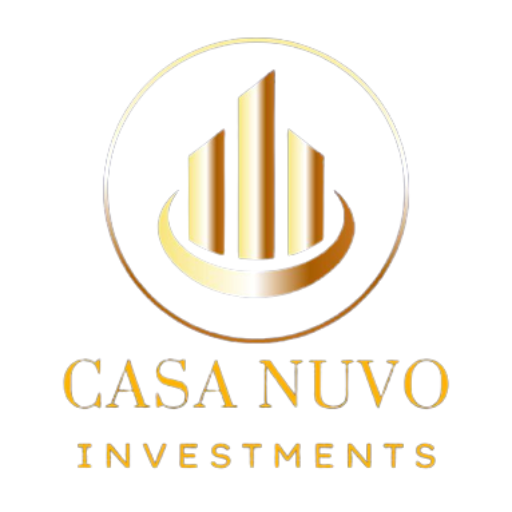In the highly competitive real estate industry, understanding competitors is crucial for growth and success. Real estate agents, developers, and investors operate in an environment driven by market demand, economic conditions, and client expectations. Keeping an eye on competitors can reveal industry trends, best practices, and opportunities to differentiate yourself.
1. Competitive Landscape
- Agents and Brokers: Successful agents bring value through local market knowledge, negotiating skills, and personal connections. Competing brokers often offer unique services, like digital marketing packages or exclusive listings, to stand out.
- Real Estate Tech Companies: Technology is transforming the industry with platforms that offer virtual tours, online listings, and AI-driven market analyses. Competitors embracing these tools can gain a significant advantage in reaching tech-savvy buyers.
- Property Developers: Competing developers aim to build properties in desirable areas with attractive features. Watching their location choices and amenities can inspire new project ideas or help identify niche markets.
2. Strategies for Competitive Advantage
- Customer Service: Providing personalized guidance, timely communication, and transparent processes can set you apart. Competitors who excel in customer service often build long-term loyalty.
- Specialized Expertise: Whether it’s eco-friendly properties, luxury homes, or commercial real estate, developing a niche helps attract clients who need specific expertise.
- Data-Driven Insights: Using data for market forecasting, pricing strategies, and targeted marketing helps you respond proactively to market shifts and client demands.
3. Learning from Competitors
- Marketing Techniques: Examine how top competitors reach their audience, especially through digital channels like social media, SEO, and email campaigns. Virtual tours, property videos, and client testimonials can build credibility and trust.
- Technology Adoption: From CRM software to property management tools, technology helps improve efficiency. Competitors using AI for market insights or automation for customer follow-ups can often provide a smoother experience.
- Client Engagement: Successful competitors often focus on long-term relationships, hosting client events or providing homeownership resources to keep clients engaged beyond the transaction.

4. Keeping Up with Industry Trends
- Sustainability: As clients become eco-conscious, many competitors focus on energy-efficient and sustainable properties. This trend can set you apart in a growing market.
- Flexible Workspaces: The demand for adaptable office spaces is rising. Competitors who understand changing client needs in commercial real estate can target this audience effectively.
- Real Estate Investment: Competitors offering investment advisory services cater to investors seeking passive income or capital gains. Knowledge of investment markets and strategies is valuable in this area.












